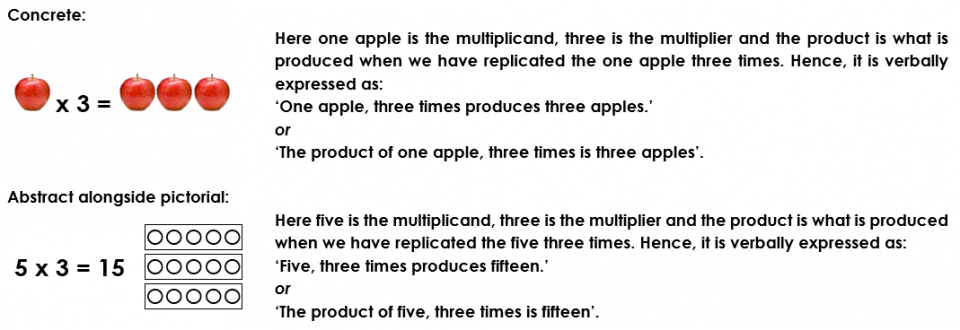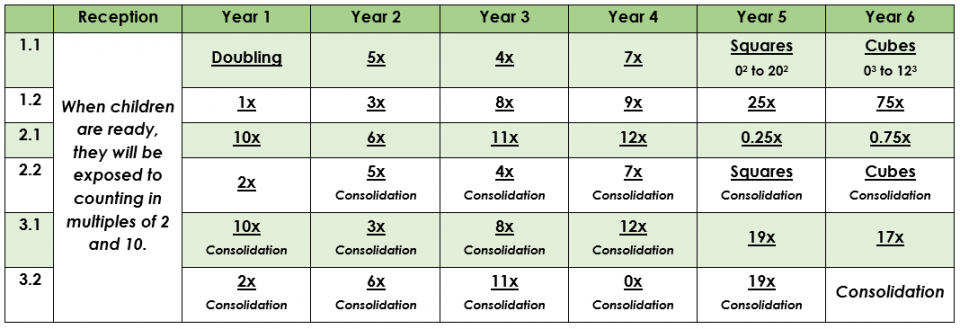Vision Statement
All learners have the capability to develop a foundation for understanding the world, with an ability to reason mathematically, appreciate the beauty and power of mathematics and a sense of enjoyment and curiosity about the subject.
~ National Curriculum 2014
At Hethersett Woodside, we believe that children should leave primary education as confident, resilient mathematicians with a deep conceptual understanding of the skills required to approach any maths problem. All stakeholders are invested in enabling our children to see themselves as mathematicians with a positive attitude towards the learning of mathematics and an enjoyment of the challenge it can pose. We want all children to aspire to be complete mathematicians who not only learn to solve problems but also value the journey to the answer and are fluent and confident in their reasoning. Our mission is to enable all learners to enjoy and succeed in mathematics.
We understand that maths is a lifelong skill and discipline that children will continue to need to use throughout their school lives and beyond. Therefore, we want learners to think about maths beyond what is tested in national examinations and to be equipped with an understanding of mathematics that will be relevant and useful in their future studies and in the world of work. We recognise the importance of STEM within the world we live and how Mathematics is woven through many other subjects. As such, we understand that a deep grasp of mathematics is essential to enabling greater social equity and mobility.
The aims of our Mathematics curriculum is:
- To make the teaching and learning of Mathematics an enjoyable and satisfying experience which inspires confidence in the subject.
- To develop in our children a Growth Mindset and positive attitudes towards Mathematics.
- For our children to become confident and proficient with number, including fluency with mental calculations and look for connections between numbers.
- For our children to become problem solvers, who can reason, think logically, work systematically and apply their knowledge of mathematics.
- To develop our children’s use of mathematical language.
- For our children to become independent learners, with the skills needed to work co-operatively with others.
- For our children to appreciate real life contexts to learning mathematics.
- To give our children the knowledge and skills to prepare them for what comes next in their lives.



